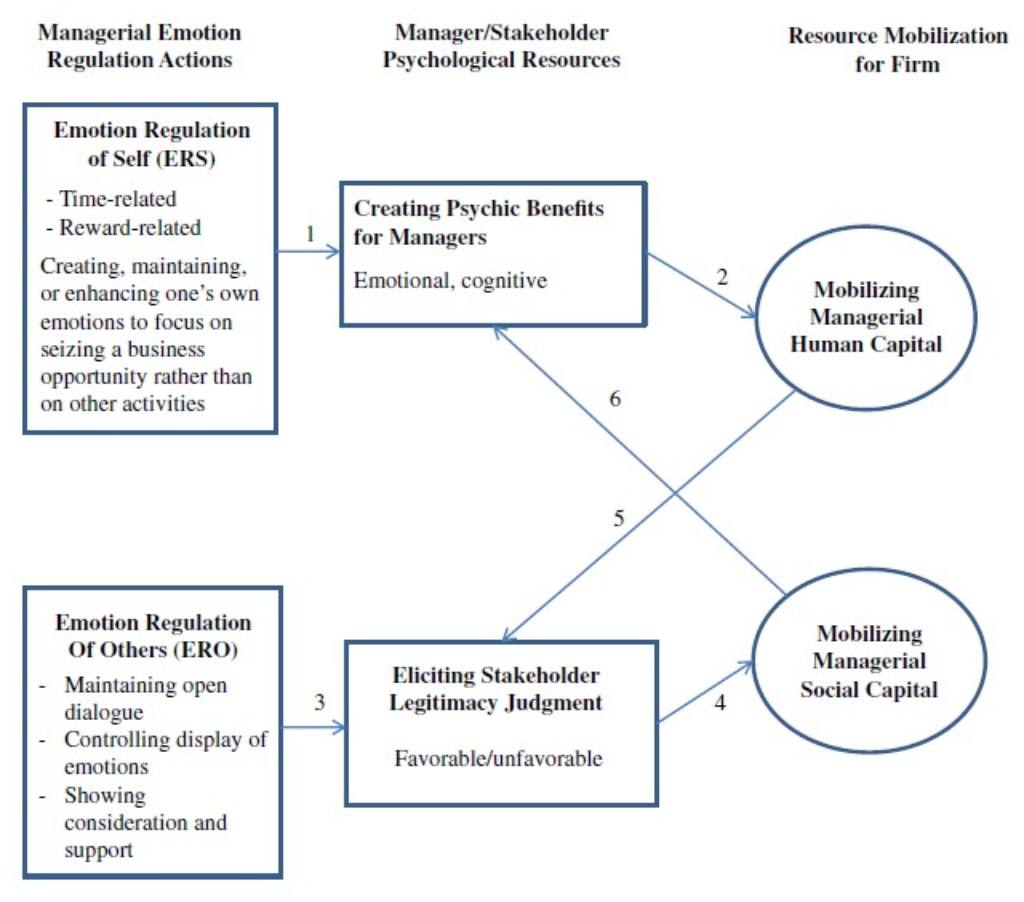
IESE Insight
Entrepreneurs don't cry: surprising keys to startup success
Think "successful entrepreneur" and emotional control may not be the first thing to pop to mind. And yet steady emotions can be key in the turbulent times around a business launch. Quy Huy and Christoph Zott identify five "emotional-regulation behaviors" worth emulating.
Can you keep your emotions in check? Are you aware of the emotions of others?
These are key questions entrepreneurs should ask themselves — and work on — to boost their chances of success in getting their startup funded and launched.
That is according to research by professors Quy Huy of INSEAD and Christoph Zott of IESE. They conducted a field study over several years to analyze entrepreneurs' emotional regulation (ER) and their effectiveness in mobilizing resources around launch. In this study, Huy and Zott home in on five key behaviors that they find created positive feedback loops during uncertain times:
1. Focus on the long view and otherwise attempt to regulate emotions by comparing important aspects of the business opportunity (e.g., costs and benefits) across different times (past, now and future). For example, when a new venture feels like a wild rollercoaster ride, looking toward the future can help reduce the impact of today's drama and yet keeps the business opportunity front and center. This behavior is dubbed "time-related ER" in the study.
2. Keep in mind that the rewards of entrepreneurship go beyond its economic gains (dubbed "reward-related ER"). Consider the personal satisfaction and emotional rewards that come from building a business. It's not just about the money lost or gained if you appreciate creating something new and learning from it.
3. Maintain an open dialogue with stakeholders (e.g., investors and staff). That means staying in constant communication and being transparent about the startup's opportunity, aiming to manage stakeholders' emotions by openly addressing issues and/or tackling them in a way that invites participation.
4. Control your display of emotions and emphasize positive traits in others. For example, give pep talks and get excited about the opportunity in the presence of others who could use the uplift.
5. Show consideration and support of staff and investors. In short, listen and emphasize on an individual level in order to try to regulate other people's emotions at key points.
The authors find that the emotional regulation of one's self (items 1-2 above) leads to quality-of-life (psychic) benefits for entrepreneurs and for their firms. This, in turn, creates a positive feedback loop that helps legitimize their leadership. Likewise, the emotional regulation of others (items 3-5 above) is more directly linked to favorable legitimacy judgments, but also loops back to psychic benefits and positive business outcomes. Here is how it is mapped in the paper:

Methodology, very briefly
The research team interviewed entrepreneurs in the greater London area who had launched a company within the past 18 months or were planning to do so in the next six months. Out of 26 startups identified by this step, they then chose six "extreme" cases — i.e., where the founders' attention to emotional regulation was either very high or very low — for close study. They then interviewed founders and other stakeholders over the course of seven years to explore how managers' ER behaviors mobilized resources for their firms.
